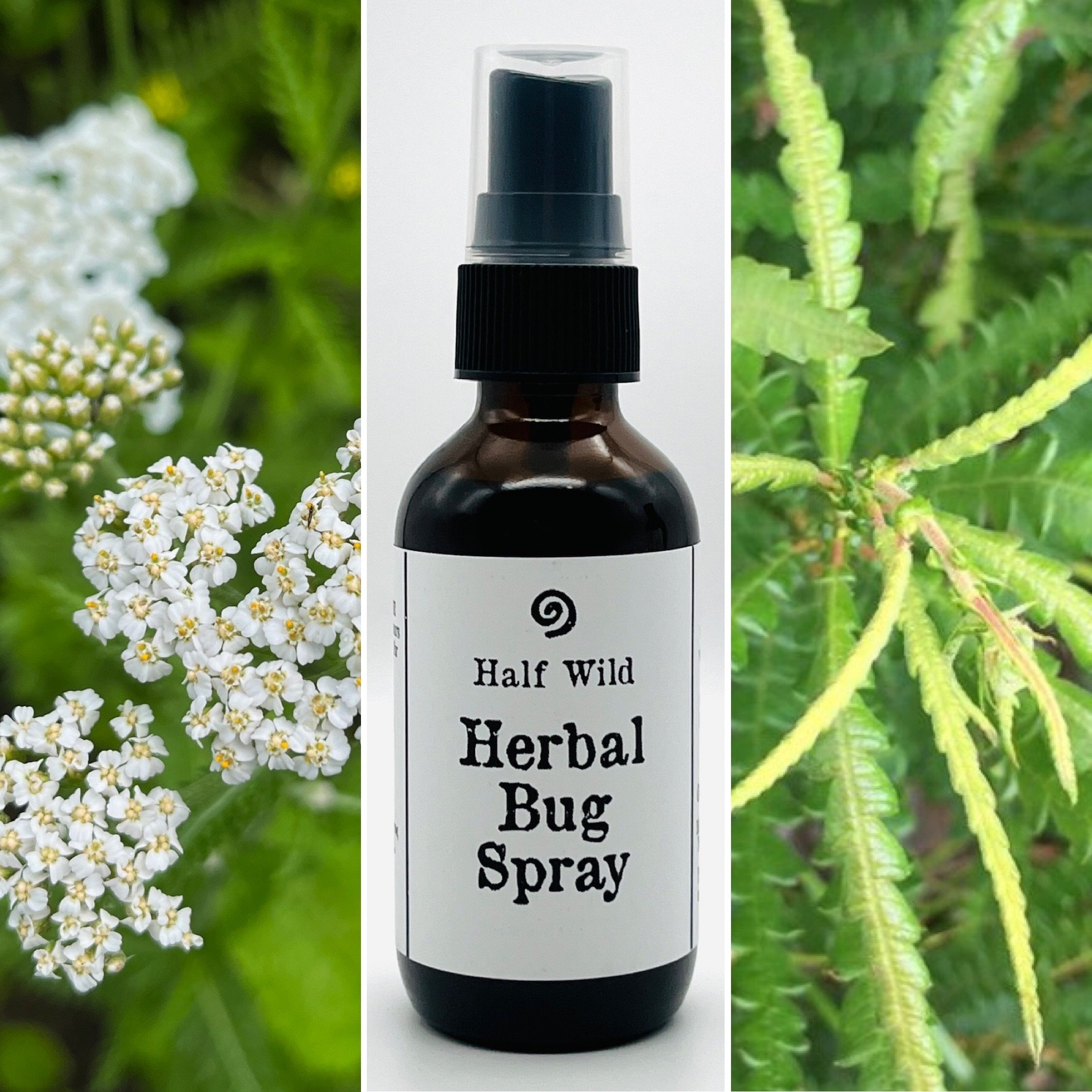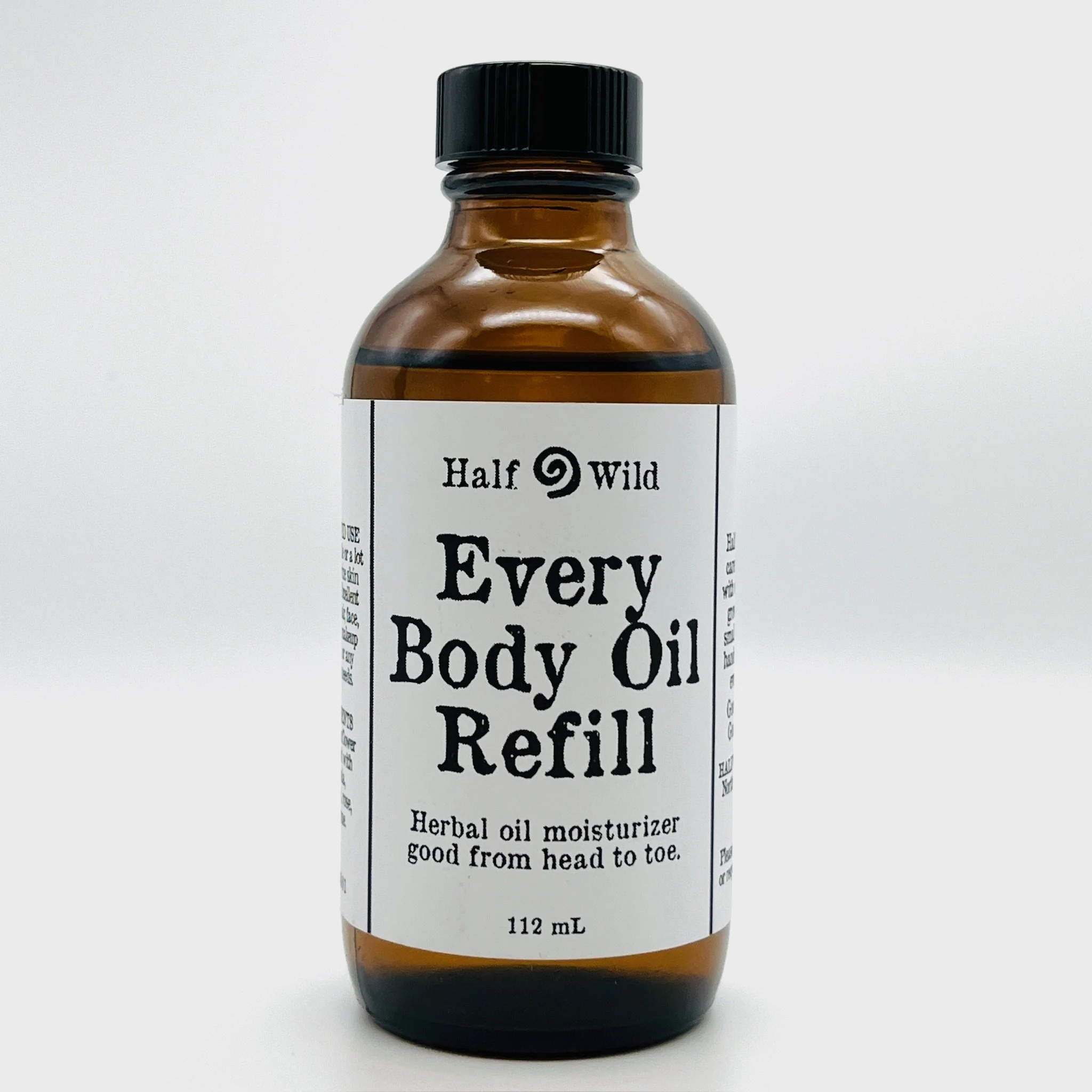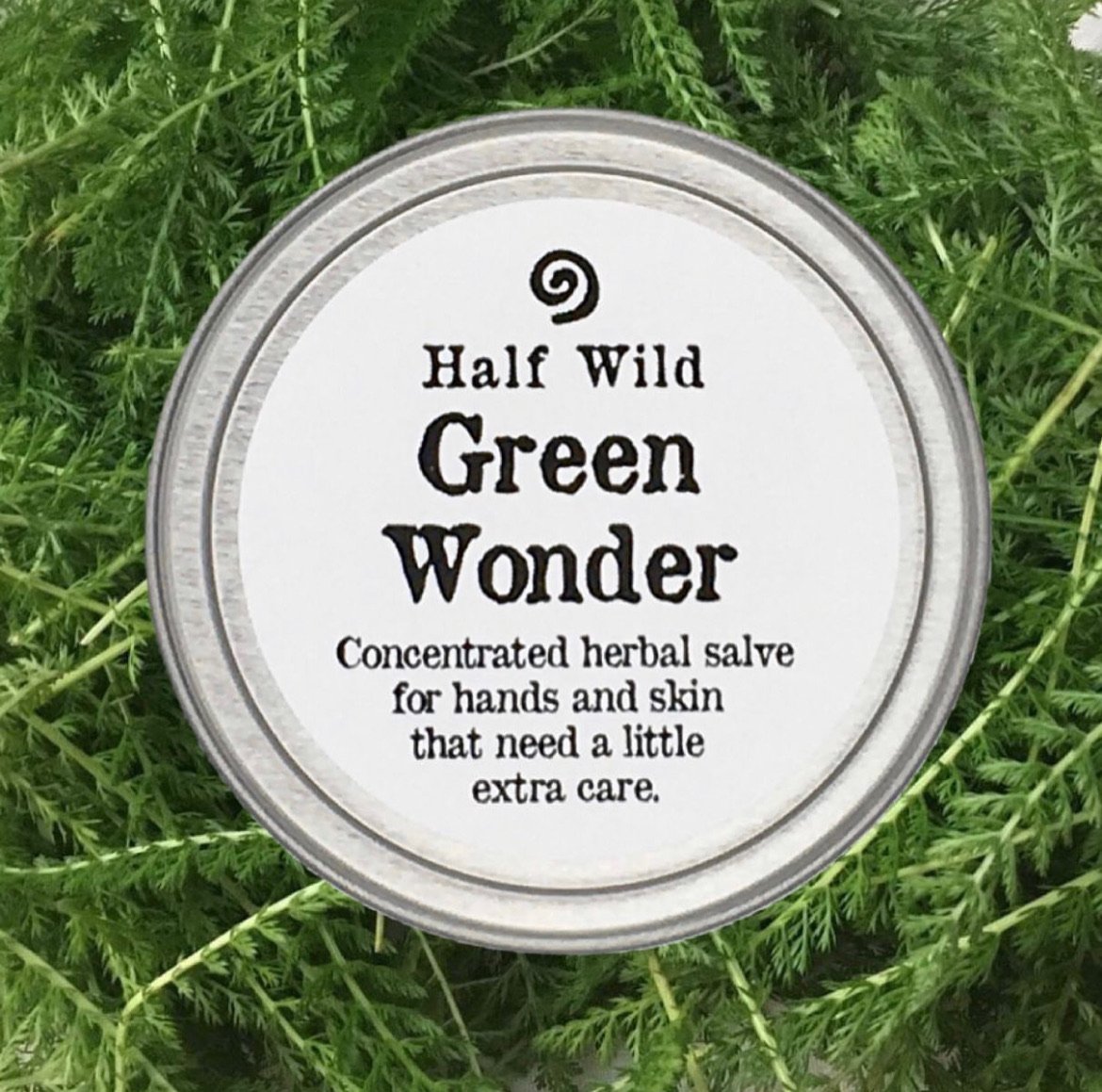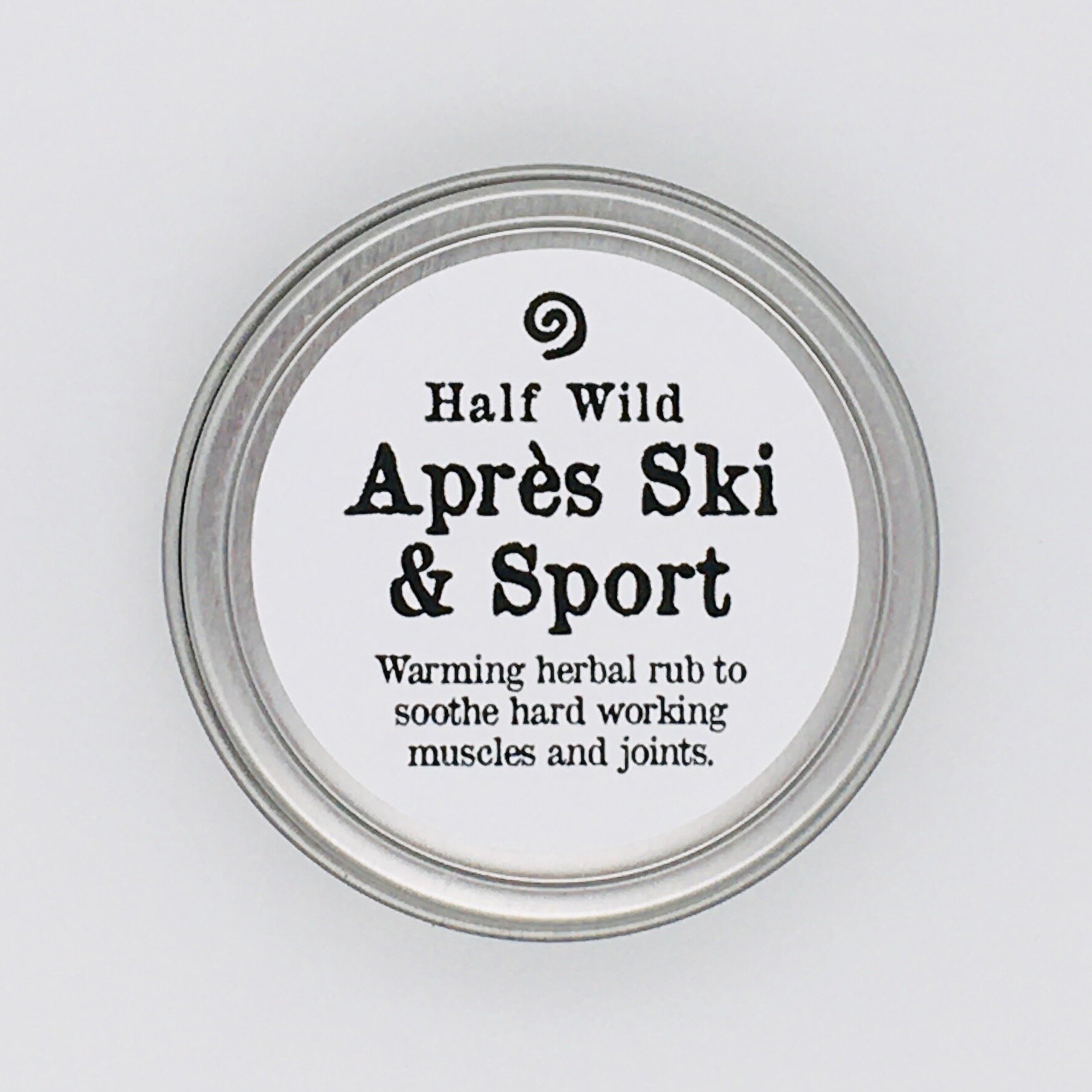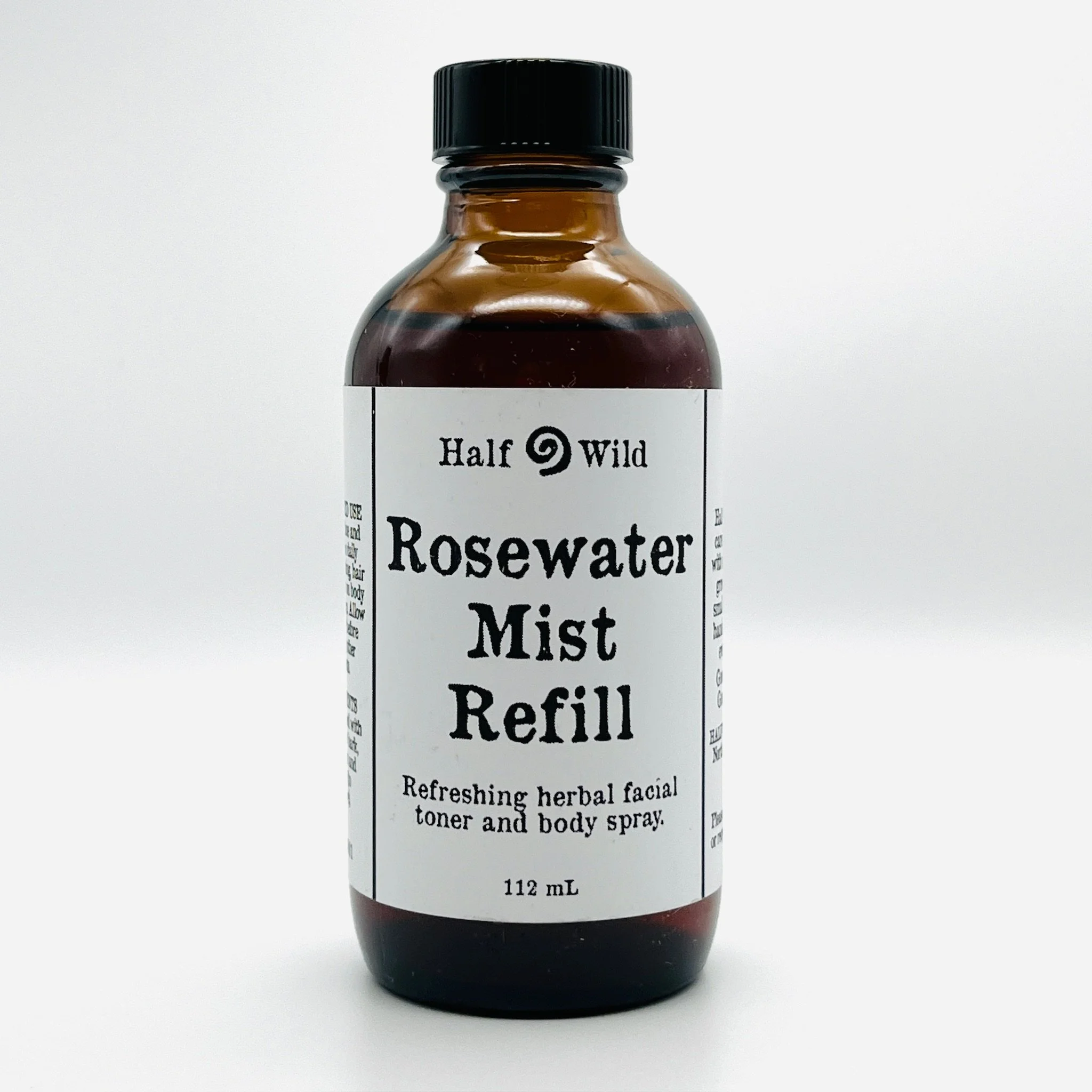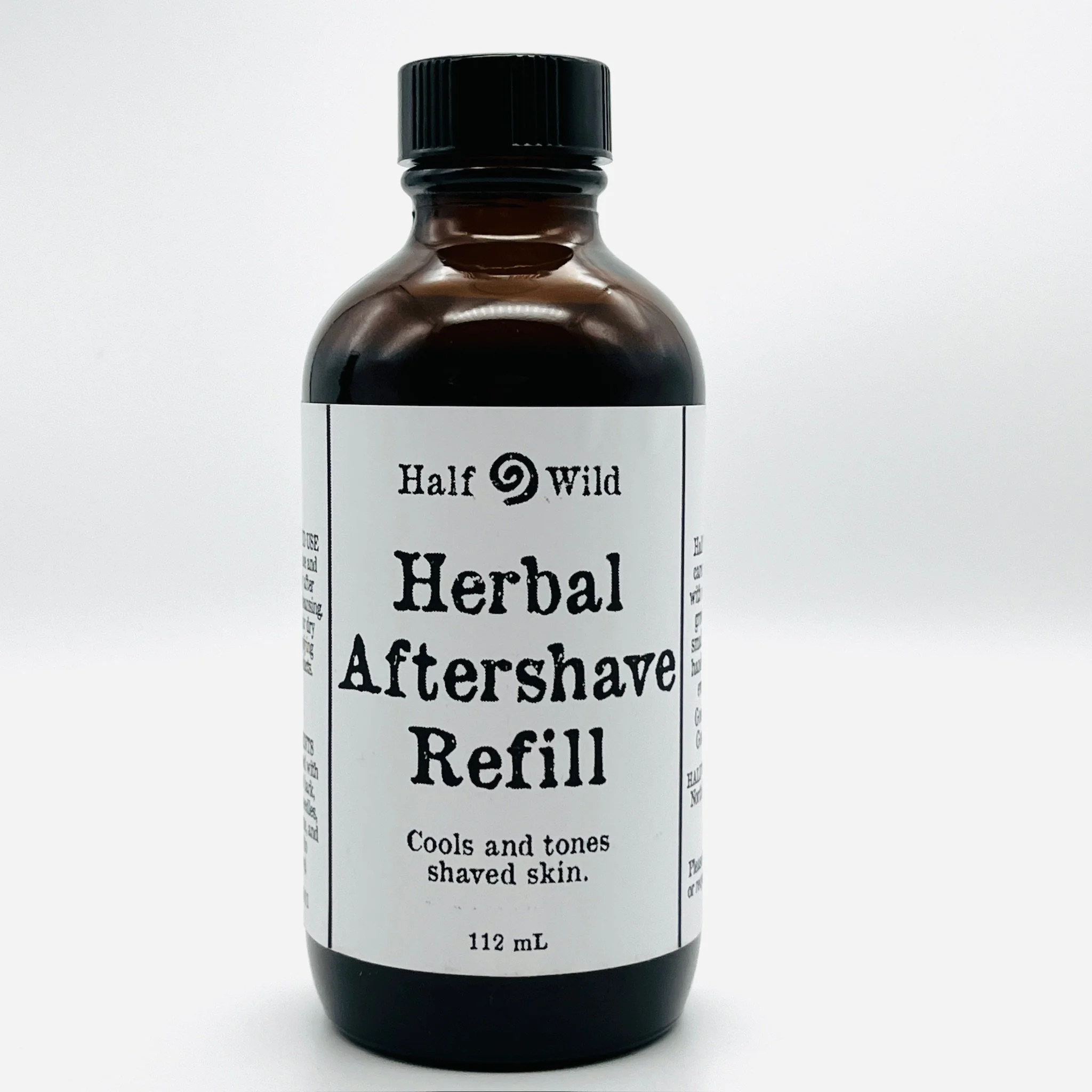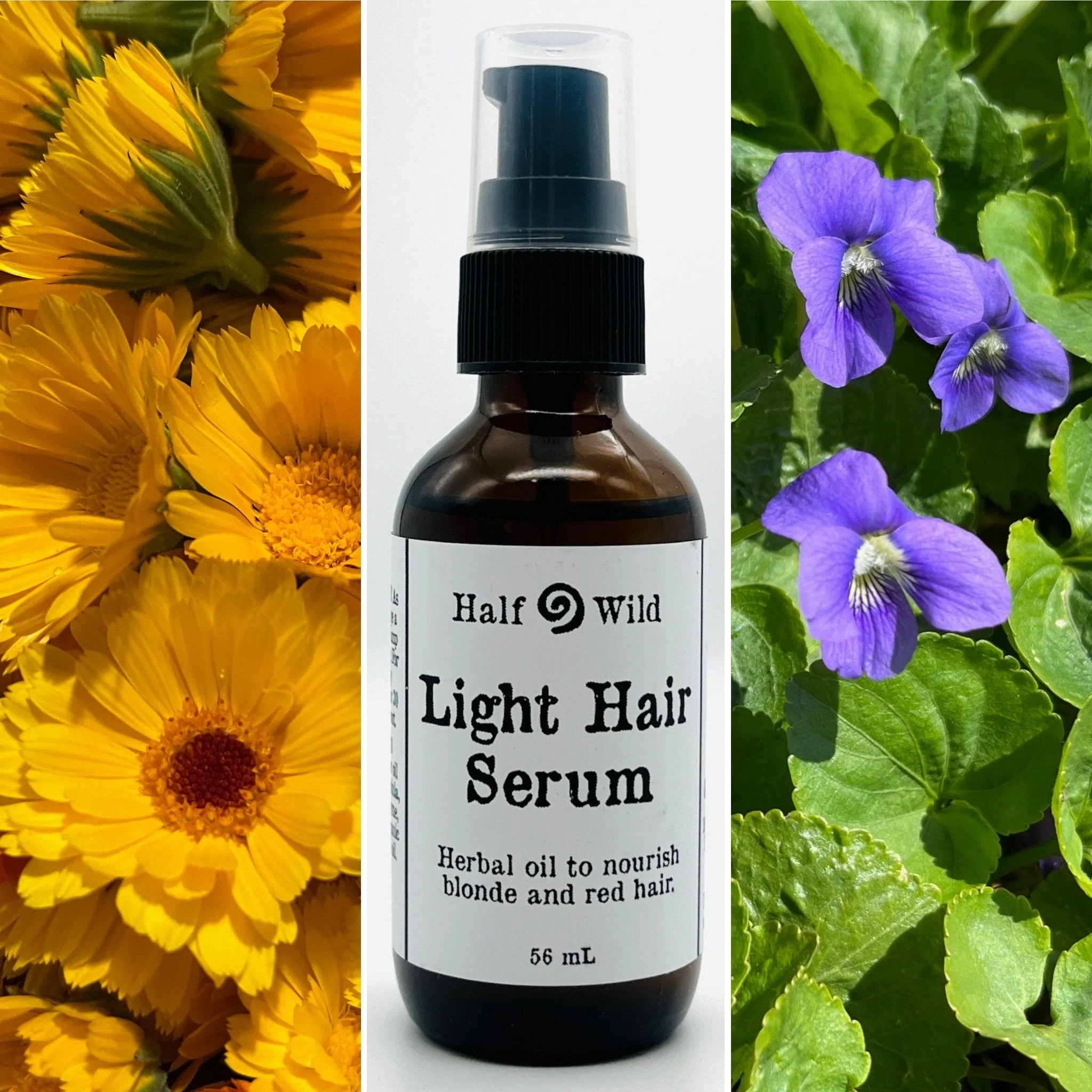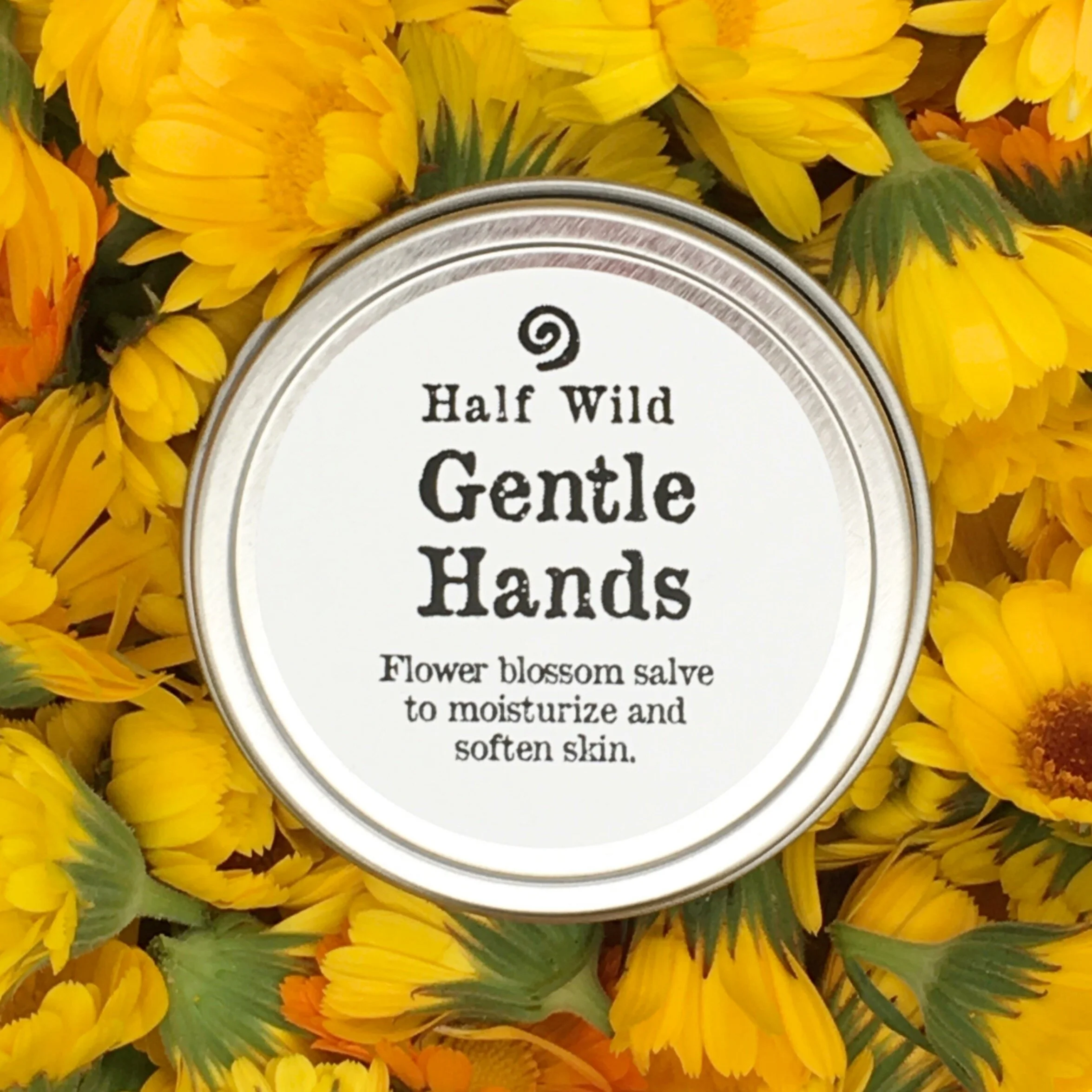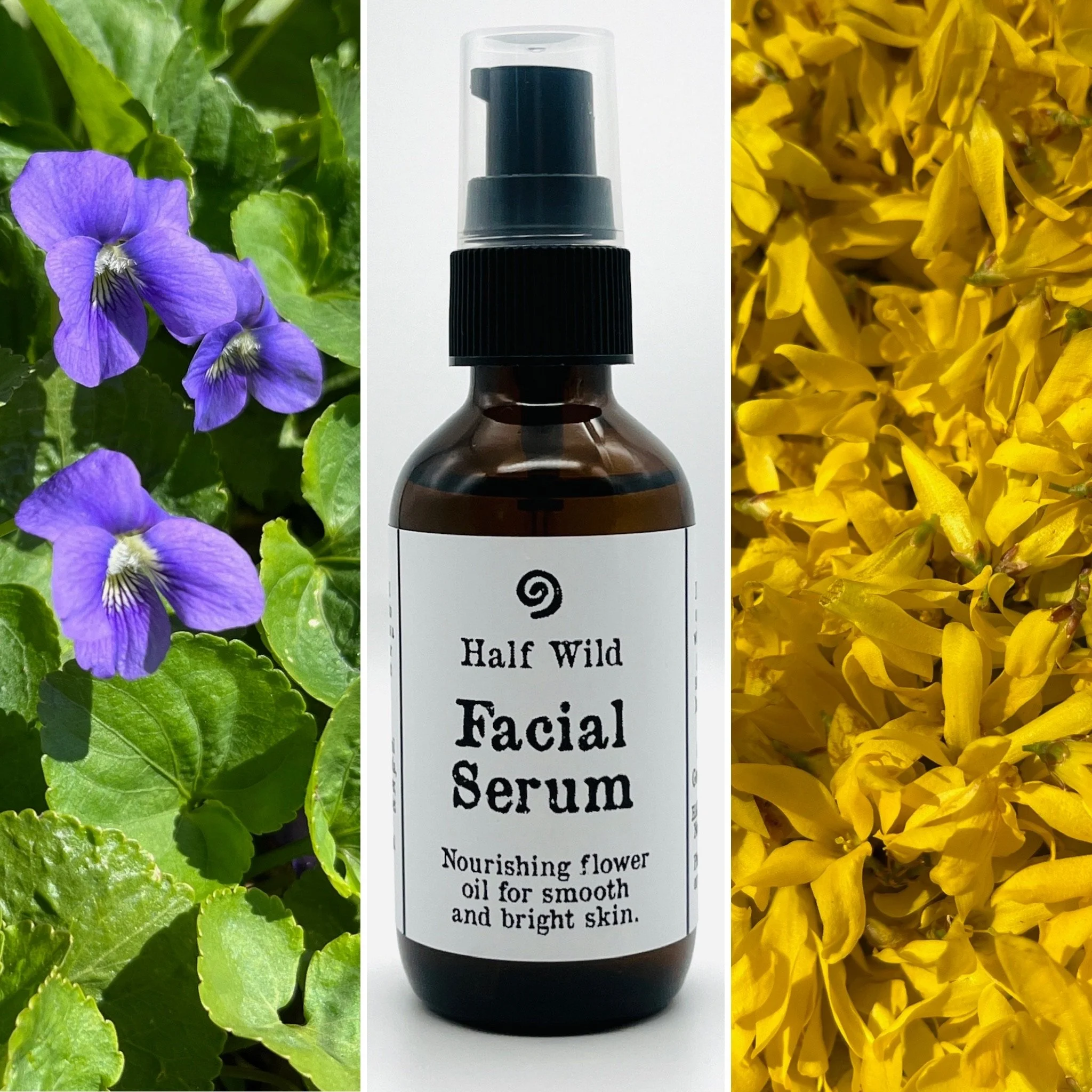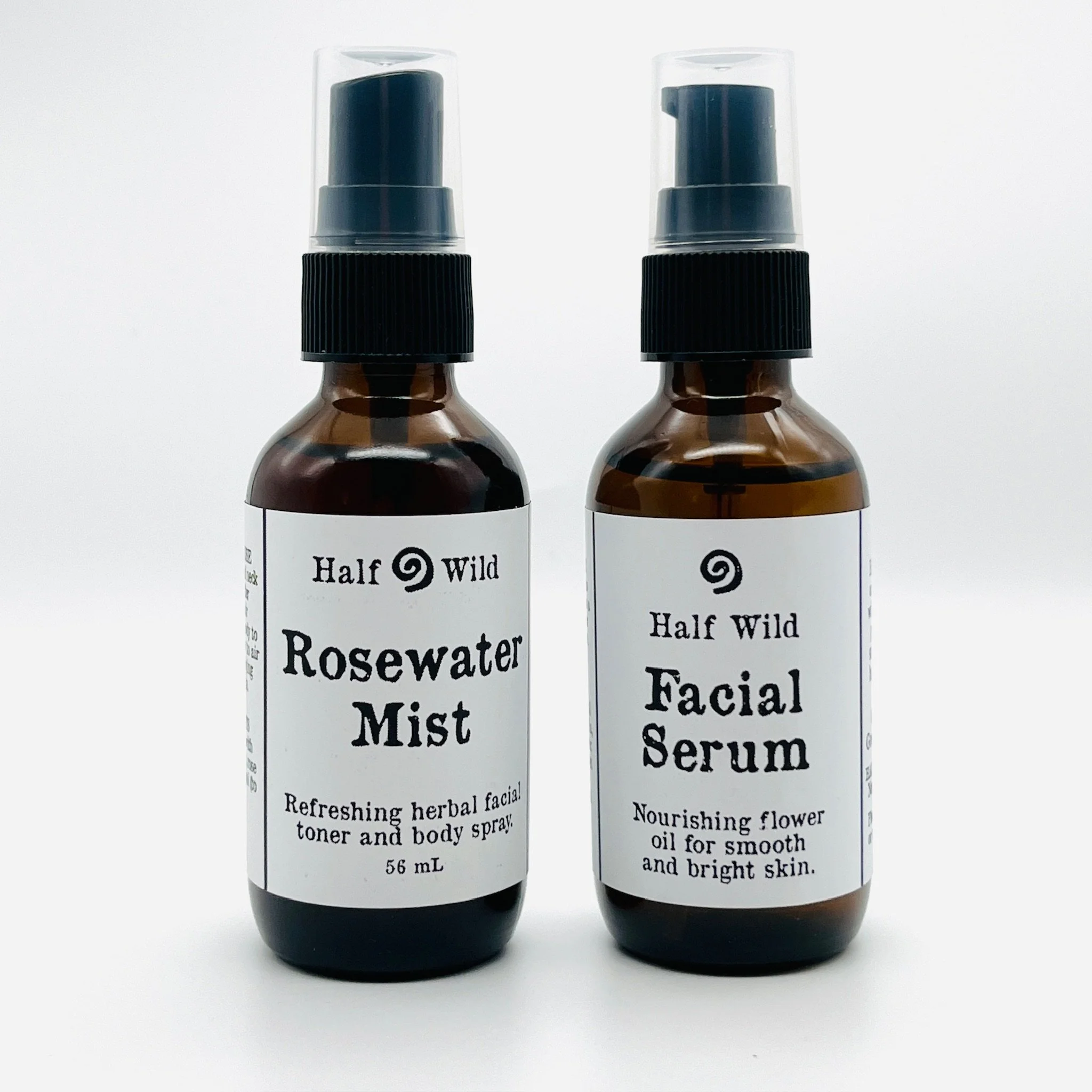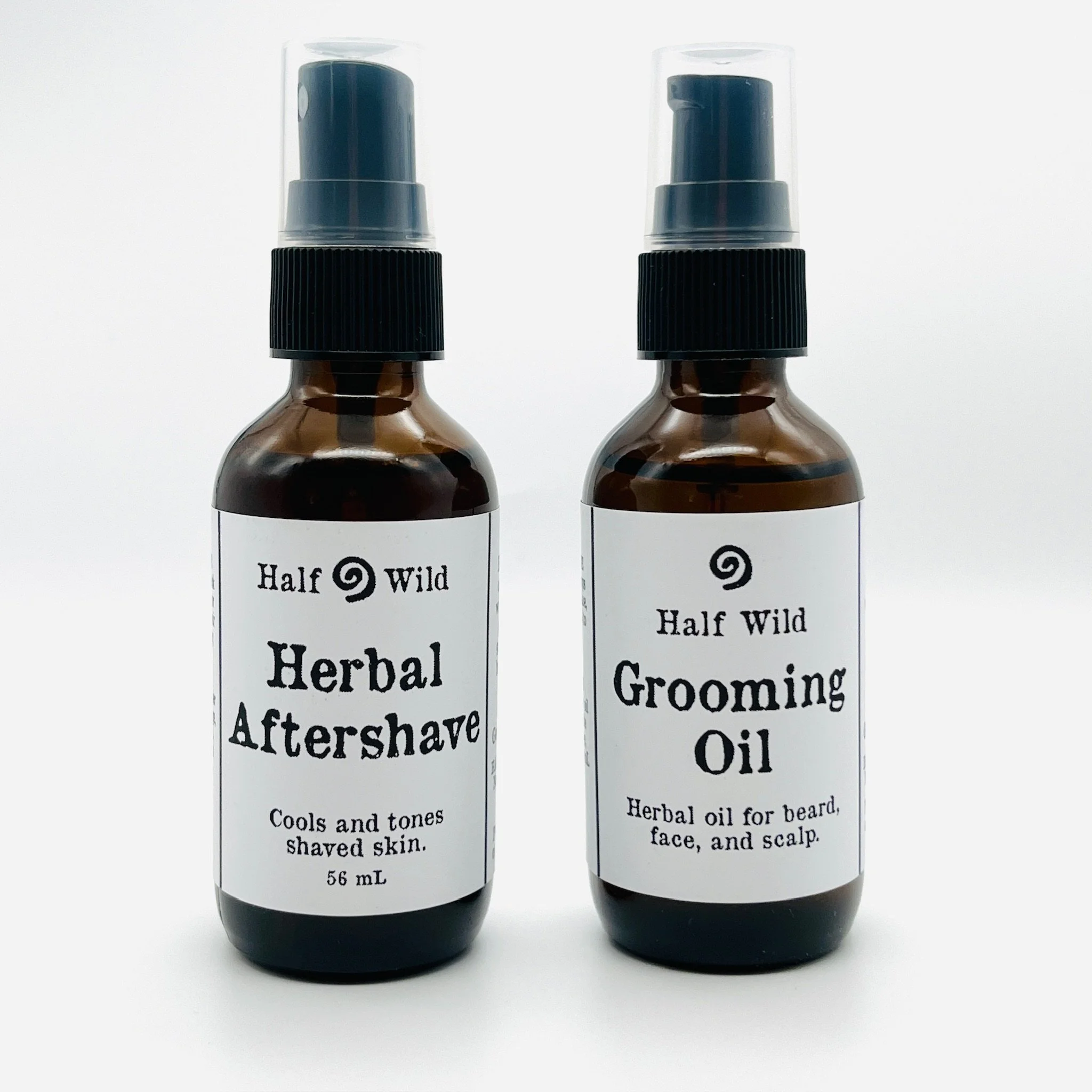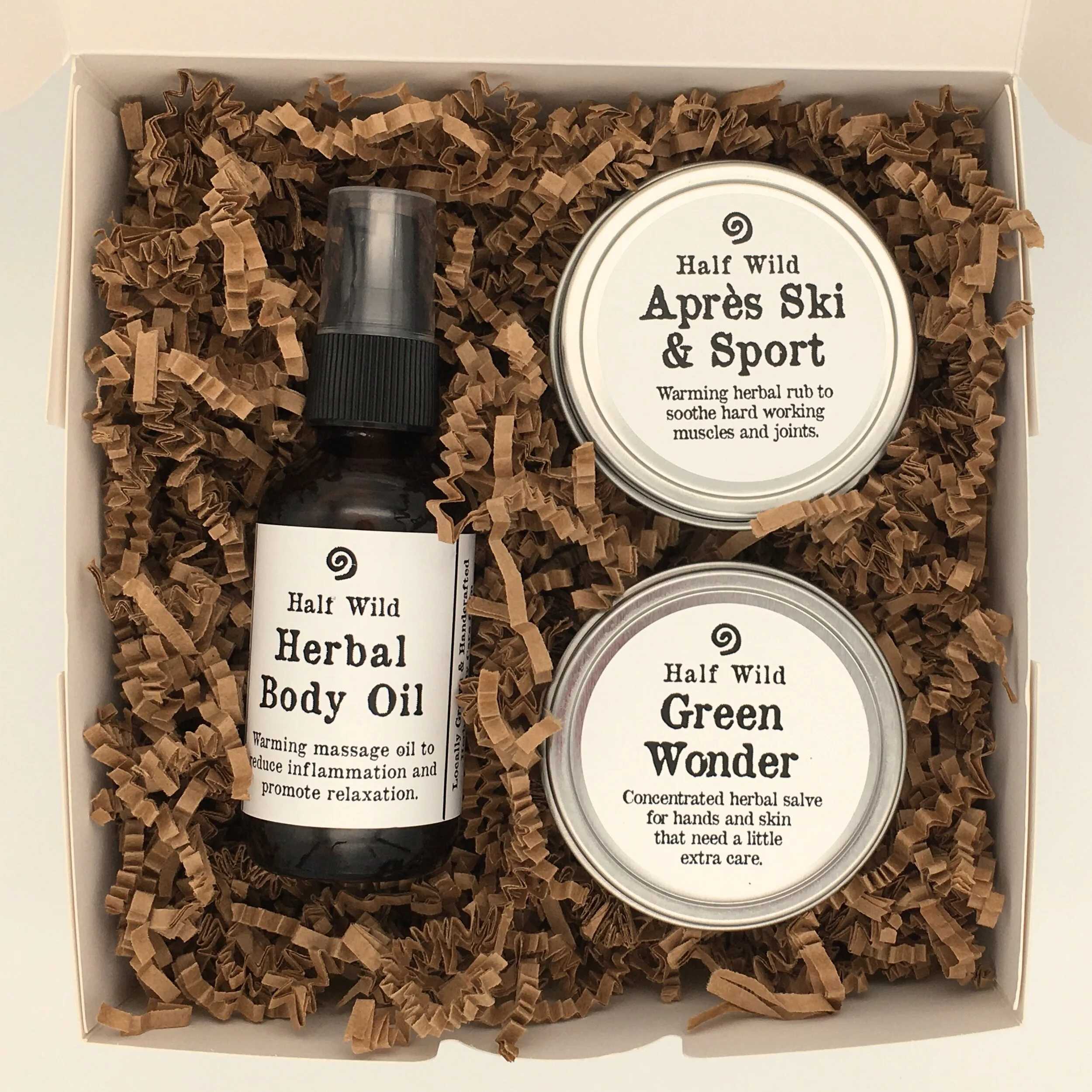A friend was recently diagnosed with underlying asthma that gets worse when she exercises. Having spent ten years as an elite athlete training with exertion asthma, her story struck a chord with me. It's time to share the story of how I gave up my asthma inhalers, and developed a healthy mistrust of pharmaceuticals.
From my first team sport in middle school, when I was diagnosed with asthma, through almost twenty years as a competitive athlete, I always carried an inhaler. At first, it was Albuterol for emergencies and Intal for prevention. Then it was Advair, which seemed like a miracle drug at the time, but caused me almost constant nausea and paralyzing anxiety. Then, it was Singulair, which made me suicidal. Then it was Flonase for the rhinitis, which my award-winning allergist described as one of the worst cases he had ever seen yet could not find the cause. As it turns out, it was the Advair that caused the rhinitis. A vicious cycle of pharmaceutical side-effects. Mind you, whenever one of these drugs was added to my asthma treatment regimen, none of the others were removed. I was way over-medicated, and all of the corticosteroids were causing a lot more problems than they were fixing--Hello, Steroid Psychosis! And yet, my asthma still stopped me nearly dead at practice, as it always had.
It wasn't until the first week of May in 2006 that I realized the effects that the drugs were having on me. I forgot to fill my prescription, and then I traveled to Germany for a World Cup. I was one week without my Advair, and by the third day, I felt so normal that I vowed never to fill that prescription again. I can still remember standing in front of the mirror in the communal bathroom of a magnificent fortress-turned-youth-hostel, and finally seeing the real me looking back. I threw my empty Advair inhaler in the trashcan with a clang ringing out against the stone walls, and my mind was clear.
For the first time in two years, I was able to look around and see the destruction that these prescribed drugs had caused in my life -- constant anxiety had crippled my personal relationships. My friendships were in ruins. I had been hallucinating voices and was entertaining constant thoughts of suicide, which had lead me to believe that I was coming into schizophrenia. I was exactly the right age, after all. The doctors who prescribed me these drugs failed to diagnose the side effects devastating my life, and universally treated me like I was just "hysterical." I chalked that one up to The Patriarchy, and then discovered feminist healing traditions.
When I got home, I threw away all of the prescriptions except the original Intal and Albuterol, and vowed to get rid of those as soon as possible. The hallucinations and the nausea and the suicidal thoughts and the rhinitis stopped almost immediately, and the anxiety subsided enough that I could repair some of my broken relationships and finally build new ones.
What didn't go away was the asthma, and it was severely affecting my performance and essentially capping my progress as a competitive athlete. Thanks to the miracle of the internet, I was able to research non-pharmaceutical remedies for asthma and alter my lifestyle accordingly:
1) I started drinking coffee at 25, for my health. I bought instant espresso powder because it was easy, and took half an espresso shot in cold water half an hour before working out. Caffeine is a bronchodilator, like Intal, and it boosts athletic performance in small doses. Win. Win. I threw away my Intal inhaler almost immediately. Coffee worked. I drink real, good coffee every day now, which I learned to appreciate while working hard on organic farms.
2) I cut down on refined sugar and switched to whole wheat. This was hard. I love sugar, but I also love breathing, and I found there to be a direct correlation between how much white sugar I had eaten in a day and my lung capacity at practice. That didn't mean I never ate sugar or white bread, but I only ate them at times when it wouldn't affect my training as much.
3) I stopped eating pasteurized dairy. This was a big one, and the most expensive. I had been a vegan in my early twenties, so I knew how to replace dairy in my diet, and I have never like cow's milk. But I love cheese. I LOVE CHEESE. Raw cheese is really expensive, although it tastes better. When I wanted cheese, I tried to eat only raw cheese, and I was able to breathe much easier. When I could afford it, I went raw, and when I wouldn't afford it, I cut back dramatically on dairy.
This new health regimen helped my asthma substantially. I was able to cut down on my Albuterol use, and felt better than I ever had on all the pharmaceutical treatments. My asthma was still a problem, but it was managed, and for the next few years, I was able to climb the ranks of my sport and feel better doing so.
Then lightening struck. I had yet another asthma attack during practice, and I stepped into the hallway to get my inhaler. The mother of another athlete was sitting there waiting for practice to end, and we started talking. She had grown up with asthma in Romania, and her doctor had taught her meditative breathing exercises to both prevent an asthma attack and to stop one once it had started. She taught me the techniques. I practiced on the subway. I practiced in bed. I practiced at practice. And the next time I had an asthma attack, I breathed through it, and it stopped faster than taking Albuterol.
I want to take a moment here to say that I don't know if this technique will work for everyone. If I had life-threatening asthma, or environmental triggers, I would be much more careful about keeping a rescue inhaler nearby. Always do what is safest for your body. People die from asthma attacks, and inhalers are a miracle drug. This was a very immediate concern for me, as my great-grandmother's sister died from asthma, and my father almost died twice in childhood from the same. Be safe.
Back to the technique...It's simple, really: breathe through your nose. I had never been able to breath through my nose. I didn't even know it was "normal" to breathe through your nose. What I learned through my early research is that when you over breathe, like many of us with asthma do, your body can close the airways in your nose to regulate the amount of air that you take in. If you breathe a lot through your mouth, those pathways can seem like they are always closed, so you learn to always breath through your mouth. It's a vicious cycle.
So, I practiced breathing through my nose. It was hard at first, and I couldn't do it for long, but over time the airways in my nose were clearer and I was able to breathe comfortably through my nose more often -- particularly at night. Now, I naturally breathe through my nose all the time, unless my nose is blocked, and I believe that was the single most important factor in my ability to breathe easier.
How do you train yourself to breath through your nose?
1) Take a deep breath in through your nose, then let it back out slowly through your nose. If you can't let it out through your nose at first, let it out through your mouth instead.
2) At the end of your exhale, hold your breath out for as long as you comfortably can. Then take another breath in through your nose and start the cycle over again.
That's it. Breath through your nose and hold your breath out as long as you can. This will rebalance the oxygen and carbon dioxide in your body, and make it easier to breath normally. This technique is harder when you are having an asthma attack, panicking and gasping for air, which is why practicing it is so important.
When I have an asthma attack, I sit down on the floor with my legs crossed, as if to meditate. With the goal of breathing in and out through my nose, and holding my breath out (not in), I start breathing. It is very hard at first. I may not be able to breath through my nose yet. I may have to take short breaths in and out and not be able to hold my breath out for long, but after less than a minute of relaxing and focusing on this breathing technique, breathing becomes much easier. After a few minutes, the attack has passed and I am back to normal.
Unlike taking a rescue inhaler, moderating my breathing with meditation leaves no negative side effects. I am not shaking or filled with adrenaline. I don't feel sick to my stomach or unable to focus. I can get right back to working out, learning, and training hard. Recovery like this is essential to training at a high level, and my progress as an athlete went much more quickly after I internalized this meditative breathing technique.
I'm not training as an athlete anymore, but I can breath through my nose when I sleep, and I occasionally run for fun and can carry on a conversation while doing so, without feeling like I'm dying. Part of that was switching to barefoot shoes, but that's a story for another time...
Breathe easy, folks!


